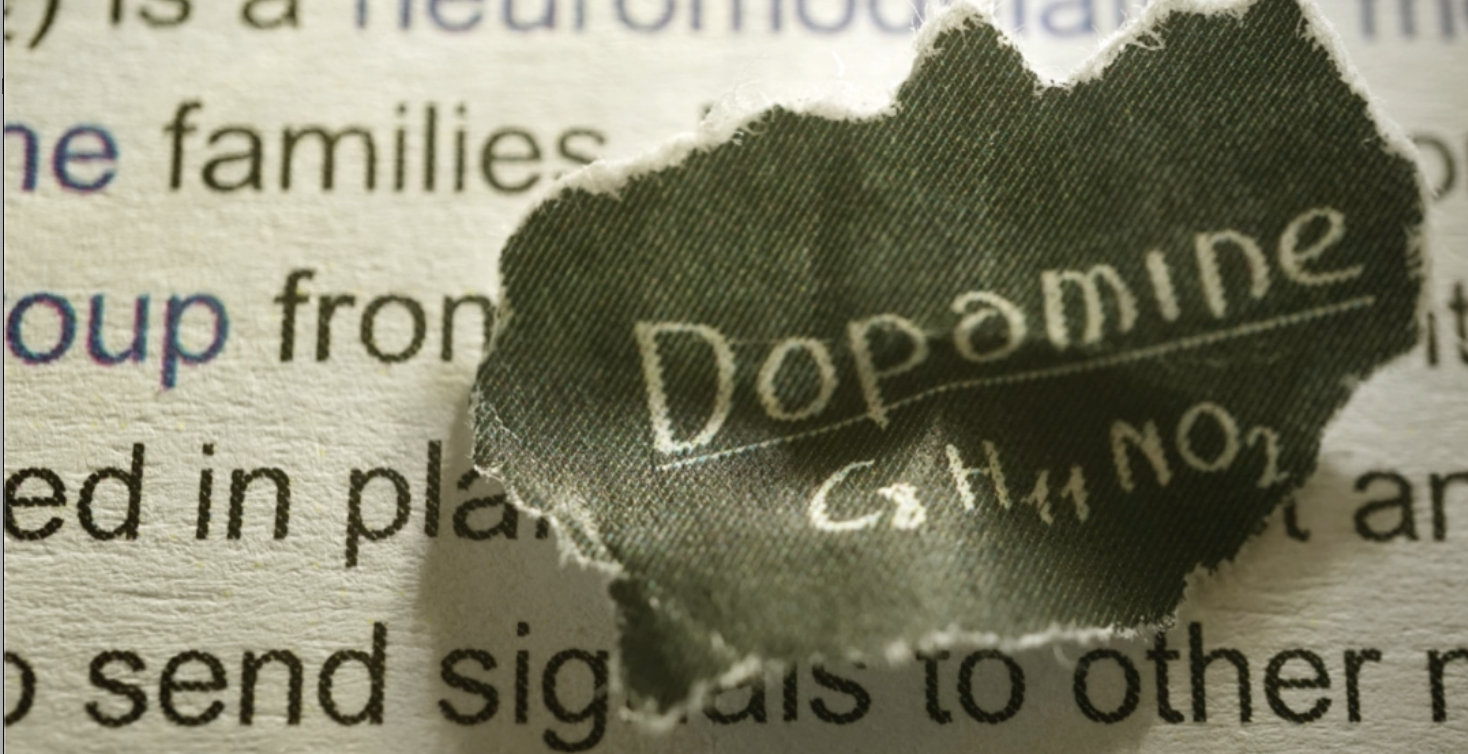
Are We Addicted to Dopamine?
These days, dopamine is taking the blame for just about everything—our phones, our procrastination, our inability to watch a movie without also scrolling Instagram. It’s the supposed villain behind short attention spans and compulsive habits.
But here’s the truth: dopamine isn’t evil. You’re not addicted to it. And your brain isn’t broken—it’s doing exactly what it was designed to do: help you seek rewards, avoid pain, and survive.
As a therapist, I see how the phrase dopamine addiction can increase shame and misunderstanding. Let’s take a closer look at what’s actually happening.
What Is Dopamine, Really?
Dopamine is a neurotransmitter involved in motivation, reward, learning, and anticipation. It’s not exactly the “pleasure chemical”—that’s more serotonin and endorphins—but dopamine helps us notice what feels good and motivates us to do it again.
So when people talk about being “addicted to dopamine,” they’re really describing the loop: a behavior (like scrolling or snacking) brings relief or stimulation, and the brain tags it as rewarding. This becomes reinforcing—even if it’s not helpful long term.
Is Dopamine Addictive?
Not exactly. Dopamine itself isn’t addictive, but behaviors that flood the reward system can become compulsive—especially if they provide quick relief from discomfort. Think social media, binge-watching, or constantly checking your phone.
For those dealing with anxiety, depression, or trauma, these behaviors may feel like a lifeline. In those moments, the goal isn’t pleasure—it’s relief. That’s a very human thing.
Dopamine, Trauma, and Dysregulation
If you’ve experienced chronic stress or trauma, your nervous system may crave predictability or distraction to feel safe. The dopamine system becomes finely tuned to small, fast rewards—not because you’re “addicted,” but because your brain is protecting you.
This isn’t a story about indulgence. It’s a story about survival.
How to Support Your Nervous System (Without Shame)
There’s no need to “detox” from dopamine (biologically, that’s not possible). But we can learn to relate to our reward systems with more awareness and care.
Try:
-
Noticing when you reach for a quick fix.
-
Pausing to ask: “What am I feeling? What am I needing?”
-
Experimenting with other sources of reward—like movement, creativity, or connection.
The goal isn’t to control every impulse. It’s to build a system that can tolerate discomfort and still move toward what matters. Something to keep in mind is that our systems seem to acclimate to the amount of dopamine we are getting (i.e. the more we scroll the harder it is to stop, etc).
Final Thoughts
You’re not weak. You’re not broken. You’re living in a world designed to overstimulate and undernourish. Your nervous system is doing its best to cope.
Healing doesn’t mean eliminating dopamine. It means learning how to seek reward with intention—and how to offer yourself compassion when your brain just wants a break.
